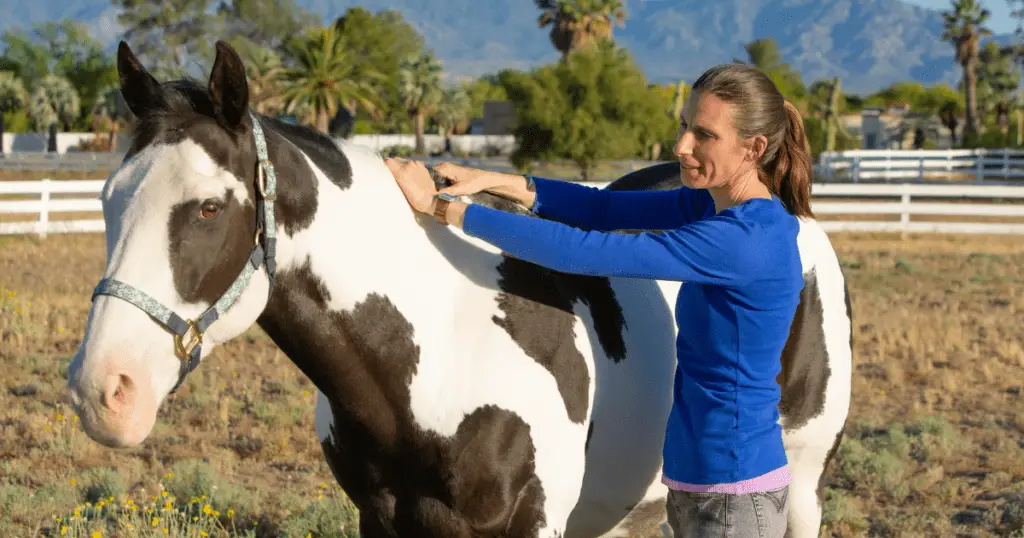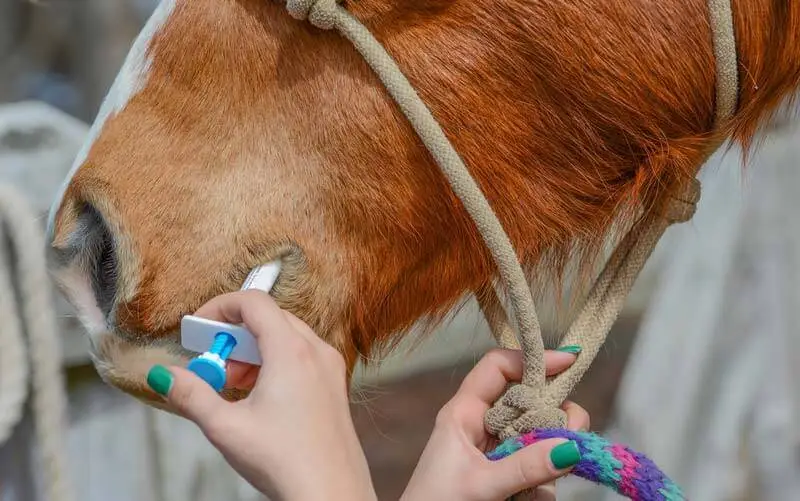I have just bought a horse. What wormer should I use?
Choosing a wormer depends on several factors, including your horse’s age and the time of year. When a new horse arrives on your property, they should be kept separate from other horses until you conduct a fecal egg count to prevent new parasites from being spread.

I have just bought a horse. What wormer should I use?
Worming Young Horses
If your new horse is young, such as a yearling, you should ensure they’re up to date with all worming and vaccinations. Foals should receive at least four worming doses during their first year of life to protect them from large roundworms.
By 12-15 months of age, a fecal egg count, followed by a fecal egg count reduction test, is necessary to determine which parasites they’re carrying and which wormer will target them effectively to prevent their spread on your property.
Worming Mature Horses
Any adult horse should also be quarantined from other horses to prevent pasture contamination. Cyathostomins can affect horses of any age, but they can be controlled with correct worming when numbers are small.
Remember, different parasites thrive during different times of the year, so keep this in mind when examining the results of the fecal egg count and selecting a worming product. Your veterinarian will be able to help you develop an effective worming program.
Parasite Control
In addition to worming, there are a number of other management strategies you can use to control the spread of parasites on your property. These include:
- Manure removal: Manure should be removed daily from stalls and at least weekly from pastures.
- Manure spreading: By dragging pastures to spread manure, larvae will be more susceptible to climatic conditions, particularly when it’s a hot Summer day.
- Pasture rotation: Pastures should be rested for a minimum of six weeks to reduce parasite numbers and prevent over-grazing.
- Group horses according to age: Horses of different ages have different worming requirements. Keeping them grouped together will make your worming program easier and more effective.
- Feeding: When feeding your horse, use tubs or racks for grain and hay to avoid contamination with manure.



